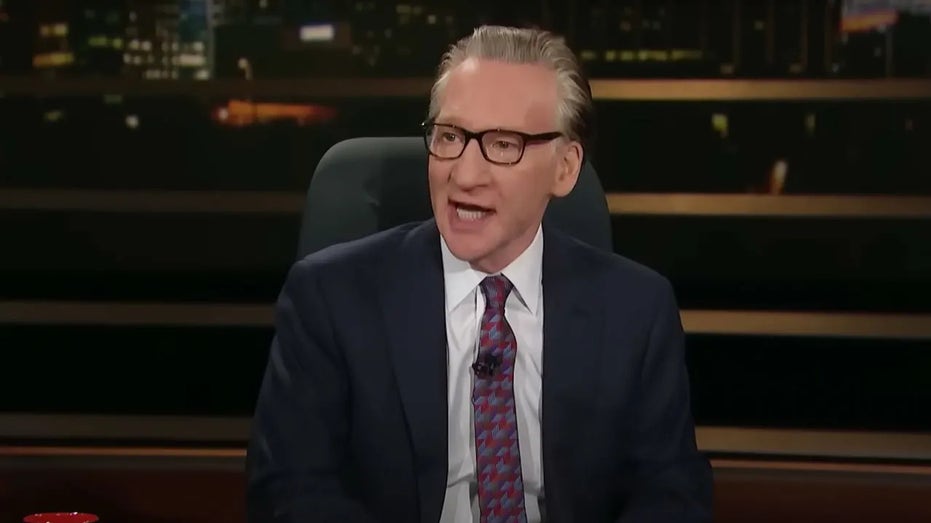Tax burden ‘will not fall in my lifetime’ warns IFS chief
Over recent years the tax burden has climbed to a post-war high of 37 per cent of national income despite the attempts of the previous government to cut taxes.


The UK’s tax burden is likely to remain stuck at its highest level since 1948 for the foreseeable future, according to the director of the Institute for Fiscal Studies (IFS).
Over recent years the tax burden has climbed to a post-war high of 37 per cent of national income despite the attempts of the previous government to cut taxes.
The increase in the tax take largely reflects the 2021 increase in corporation tax as well as the decision to freeze personal tax thresholds.
Paul Johnson, head of the influential IFS, doubted whether it would fall any time soon. “My guess is that it is going to stay there,” he said at a Spectator event at the Conservative party conference.
“My guess is it will not, in my lifetime, go back down to where it was through most of my lifetime,” he added.
Johnson pointed to a range of spending pressures which the government will face over the coming years, including the costs of supporting an ageing population, increased defence spending and a bigger debt interest bill.
“If you’re going to talk about cutting taxes, you have to talk very clearly about what gives on spending,” he said.
According to the Office for Budget Responsibility’s (OBR) latest long-term forecasts, which are based on the government’s existing policies, public spending will rise to 60 per cent of GDP by the mid-2070s, up from 45 per cent at the moment.
The OBR said rising health spending was likely to be the “single most important driver” of the projected increase in government spending.
Without spending cuts or tax increases, the OBR warned that the current debt trajectory was “unsustainable”. Debt surpassed 100 per cent of GDP for the first time since the early 1960s last month.
Concerns over the fiscal position have dominated attention ahead of the new government’s first budget, which is likely to see a big increase in taxes alongside large spending commitments.



